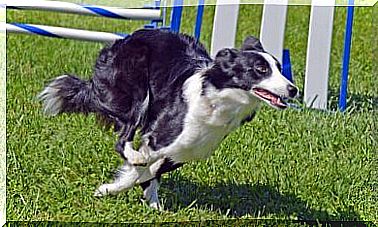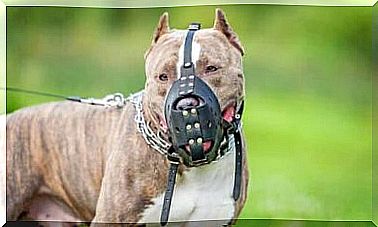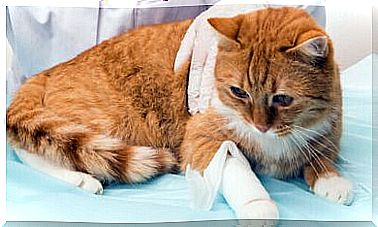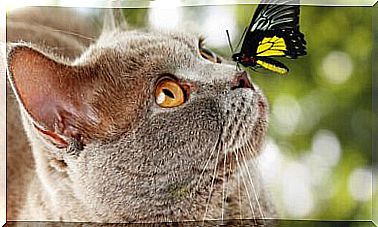Intestinal Health Of Poultry: The Importance Of Nutrition
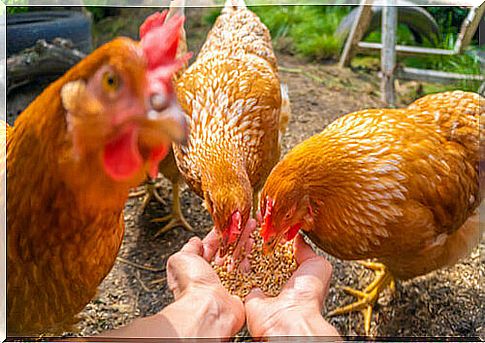
The intestinal health of poultry has always been a variable that farmers have taken into consideration, especially since the use of antibiotics as growth promoters was banned. In the past, these drugs were present in feed and helped maintain optimal intestinal health in farmed animals.
In fact, these drugs have created many problems by increasing the antimicrobial resistance of farm animals. Hence, their prohibition. The withdrawal from the market of these antibiotics has created many problems for farmers and has left a void that has been filled by other techniques to optimize and safeguard the intestinal health of farm animals.
Problems in poultry farms after the ban on growth promoters
During the first few years after the bans, the amount of antibiotics used in poultry farms remained almost constant. Obviously, the way they are used has changed, using them only to treat diseases. They were mainly used to treat motor, respiratory and digestive problems that put a strain on the intestinal health of poultry.
According to a study published by Hafez HM, the incidence of poultry digestive diseases increased significantly after the bans. This caused a decrease in productivity on almost all farms.
The economic quantification of the impact of the ban is variable. On the one hand, the performance improvement expected from the use of growth promoters did not offset the cost of the modified feed. On the other hand, discontinuing their use has meant a radical change in the management model of poultry farms.
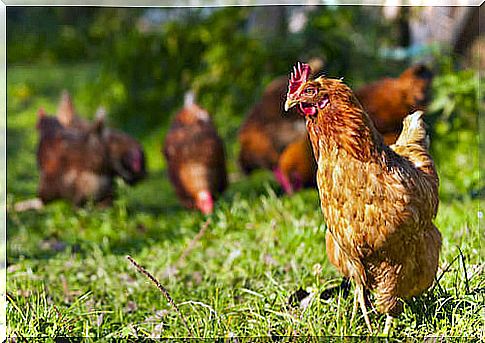
Poultry intestinal health: dysbiosis and necrotic enteritis
Dysbiosis and necrotic enteritis are the most common pathologies affecting the digestive system of broilers; even more so after the ban on the use of antibiotics as growth promoters. These drugs, in fact, had a certain preventive function against these pathologies. This poses a problem for farmers as these diseases are chronic and have a high mortality rate.
Chickens that did not die were found to have stunted growth and decreased feed efficiency. For a farm, which is based on the maximum reduction of the duration of the reproductive cycles, animal diseases become a serious problem.
Therefore, a solution had to be found that did not include the use of antimicrobial drugs. The solution seemed to be that of an adequate diet that started with the choice of feed components.
How do you evaluate the effect of nutritional solutions that can prevent intestinal health problems in poultry?
For this assessment, so-called “disease models” are used. These are experimental models with which an intestinal disturbance is produced in some specimens under controlled conditions. Once the chickens have been chosen, the effect of certain dietary factors on that disorder is studied.
How do intestinal growth promoters work in poultry?
Some experts state that the positive effect of these drugs in the intestine is due to their anti-inflammatory action and not their antibacterial action. This hypothesis is based on the fact that, when their use was allowed, the amount of growth promoters present in feed was very low. Therefore, their concentration in the digestive tract was minimal.
The interesting aspect of this hypothesis, formulated by Niewold T in 2007, is that the preventive effects of intestinal disorders are due to the interaction of the antimicrobial with the animal and not to its direct effect on the intestinal microbiota.
What can be done now that antibiotics cannot be used for this purpose?
Thanks to the efforts of the scientific community, other measures are gradually being developed to improve the intestinal health of poultry. For example, the creation of some supplements that are added to feed with the aim of significantly reducing digestive infections.
However, the use of supplements alone is not enough. Therefore, they must be combined with other anti-inflammatory drugs. Both substances, acting together, give positive results similar to those of the antibiotics used before the ban.
The benefits of dietary fiber for poultry
There is still a lot to know about the benefits of adding dietary fiber to feed for farm animals. However, we can say that they have a positive effect on the intestinal health of poultry. Typically, dietary fiber improves the production of certain digestive enzymes and acids.
In this way, the state of the intestinal microbiota is optimal by improving digestive function. Increasing the fiber in poultry feed is very simple – just add some whole grains. It is necessary to transform the feed into whole feed.
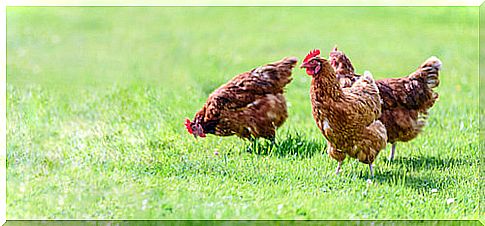
The importance of optimizing the composition of the feed to safeguard the intestinal health of poultry
When you have a poultry farm, the feeding of poultry is one of the most important variables to take into consideration; especially in the recent times when the new laws have changed the rules of the game.
The choice of a feed and the quality and quantity of its components are essential in order not to make animals sick. Good feed allows animals to maintain reproductive capacity and have a good quality of life. It is the farmer’s responsibility to ensure that his chickens receive good quality feed and all the care they need.

